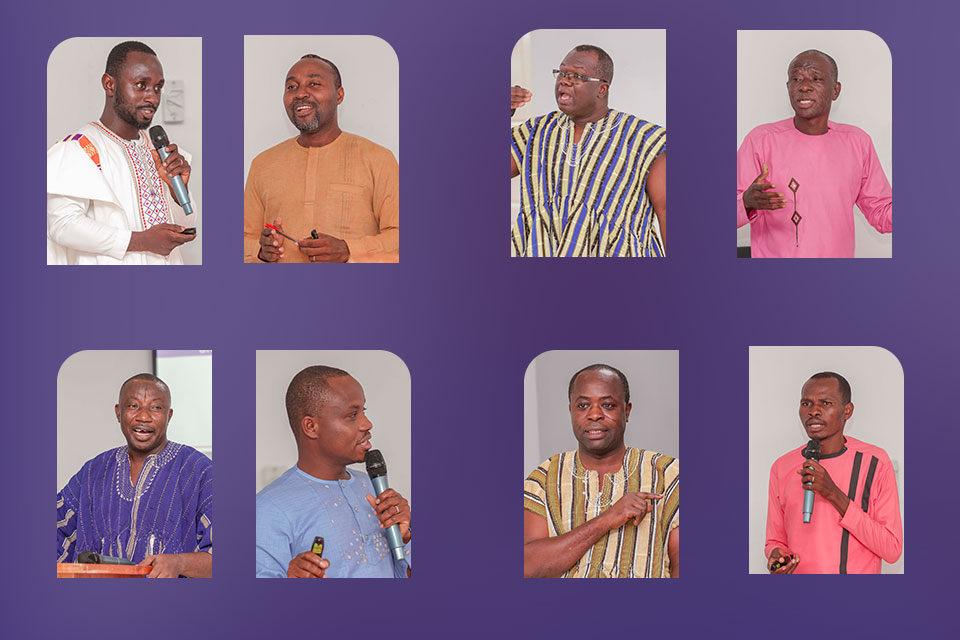Department of Political Science Education Holds Second Colloquium
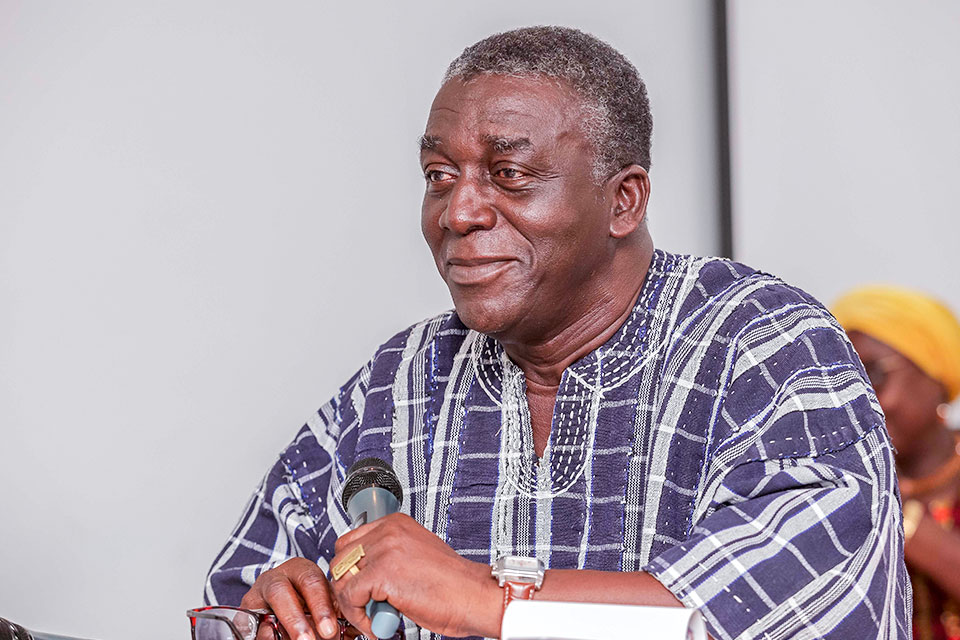
The Department of Political Science Education, Faculty of Social Science Education (FSSE), has held its second colloquium to dialogue on Ghana’s democratic practice in the Fourth Republic anchored on research to disseminate the findings of various studies.
The colloquium, held at the Student Centre Conference Room on North Campus on Wednesday, May 25, 2022, provided new perspectives on democratic practice in Ghana's Fourth Republic, emphasising the necessity of peace and stability, as well as the various benefits that came with it. The program provided a unique chance to raise and debate issues, reflecting on Ghana's 30-year journey under the Fourth Republic.
The Ag. Head of Department and Senior Lecturer, Dr. Gabriel Botchwey, in welcoming participants, gave an insight into Ghana’s trajectory from the First Republic to the Fourth Republic.
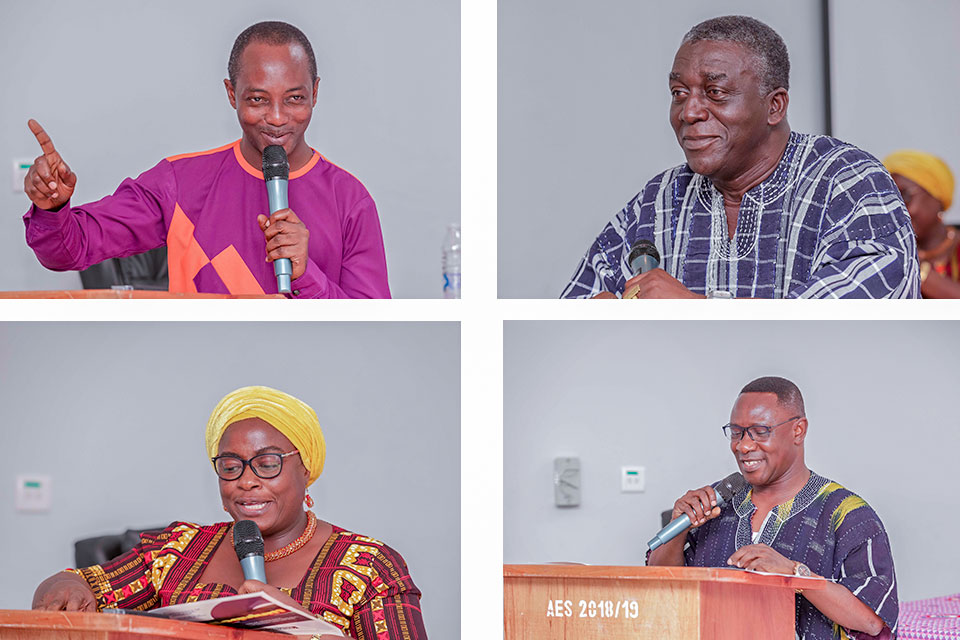
“Ghana is 65 years old; we have already had four different constitutions, and we are clamouring for a new one, a fifth Constitution! Do we need amendments or a new constitution? This remains an intense subject of debate,” he remarked.
Citing the great Philosopher Socrates, who said that “the unexamined life is not worth living,” Dr. Botchwey highlighted why the Department chose to look at Ghana's 30 years of republican democracy to answer some deep-searching questions.
The Dean of FSSE, Prof. Lucy Effeh Attom, on her part, indicated that Ghana had gone through the First Parliament of the Fourth Republic, the Second, the Third, through to the Eighth Parliament, and, as a result, has stories to tell concerning its successes and challenges.
“Some of the challenges include contestations over election results, pockets of electoral violence, monetisation of politics, accusations of infringement on freedom of speech, etc. To practice democracy for 30 years, it is important to reflect on these and other challenges to chart the way forward,” she averred.
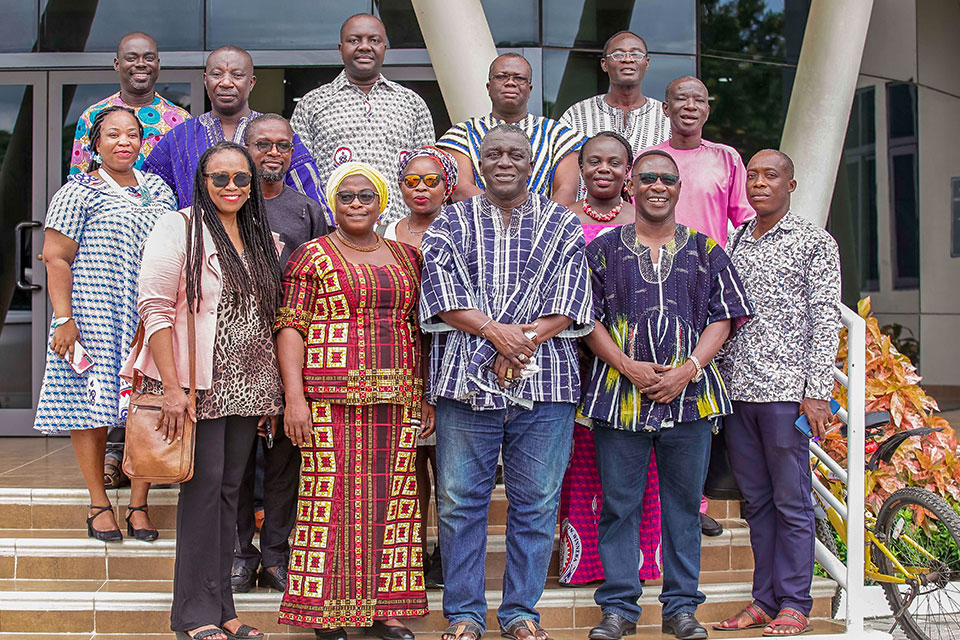
Prof. Lucy Attom pointed out that despite those challenges, Ghana had remained relatively a peaceful country within the sub-Saharan region and the world at large.
The Director of Quality Assurance, Prof. Emmanuel Obed Acquah, represented the Vice-Chancellor, Prof. Mawutor Avoke, as the chairman for the occasion. He emphasised the importance of researching Ghana's democratic transition in the past 30 years. “We need to really understand the past, the retrospective narrative to be able to appreciate the present and then make recommendations, predictions to inform the future.”
He expressed hope that the colloquium would increase participants’ patriotism as well as their participation in democracy to contribute their quota properly to the success of Ghana’s democracy.
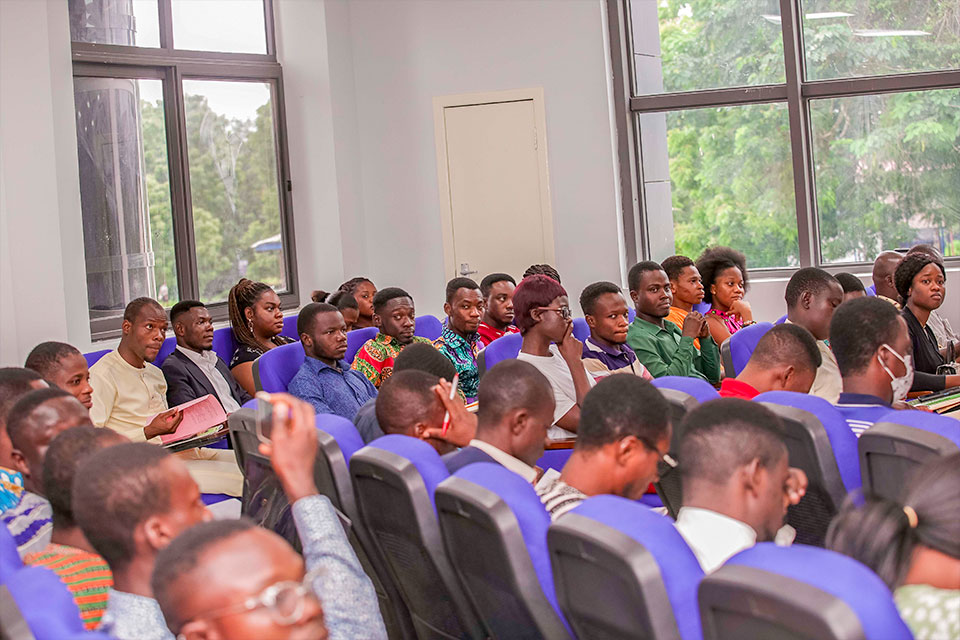
The Paramount Chief of Essikado Traditional Area, Sekondi Takoradi in the Western Region of Ghana, Nana Kobina Nketsiah V, who was the guest speaker, admonished participants to desist from assessing the nation on partisan mindsets.
“You’re not here to follow, you’re here to think at all times and to be on your feet. I'm saddened every time I think back on the last 30 years. If you wear partisan goggles to look at this country, it limits your humanity. You cannot thrive on division," he affirmed.
The second colloquium saw the presentation of papers that covered various topics ranging from election and peace, vigilantism and democracy, electoral reforms, inter-party dialogue, civil society and democracy, good governance, public sector reforms, the fourth estate/the press/the media, and the culture of silence. Others included the behaviour of political parties, fiscal discipline or indiscipline in election years, mechanised mining/climate change and the environment, as well as democratic politics and sustainable development.
